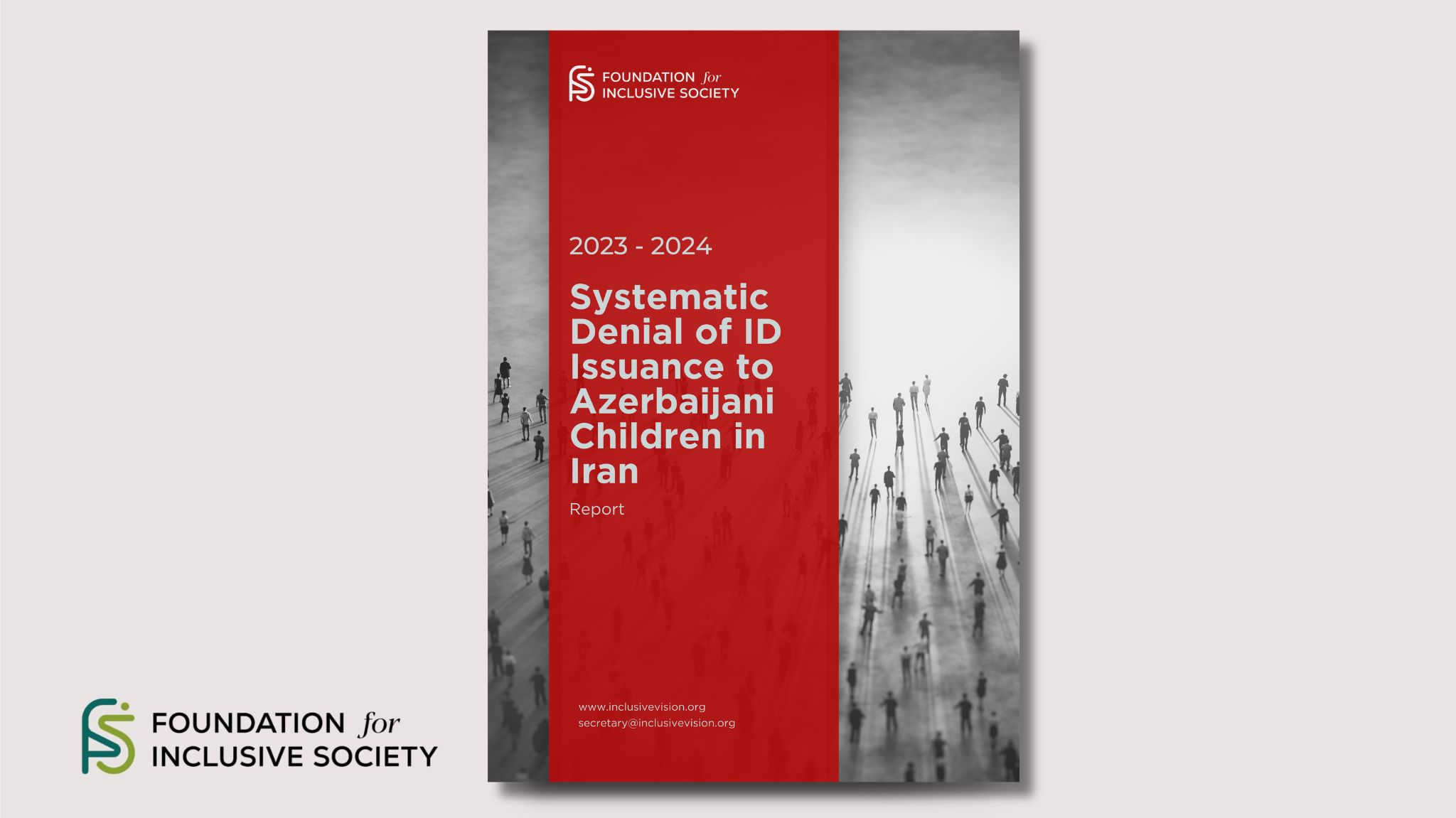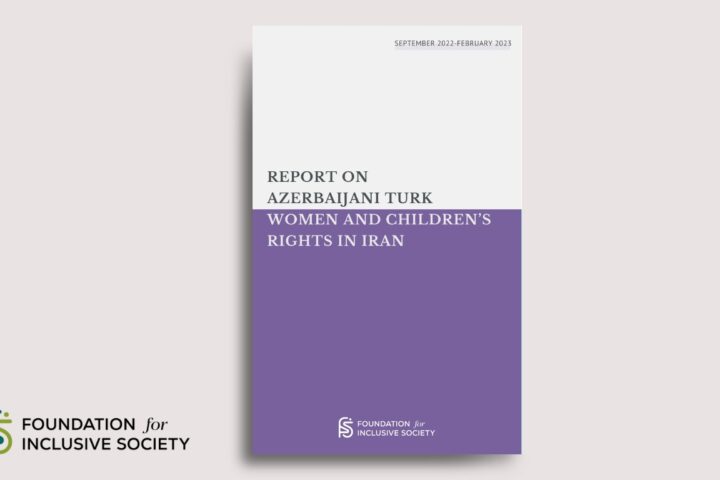Click here to download and read the full report
Introduction
The ability to name a child is a fundamental right rooted in personal autonomy, cultural identity, and familial privacy. However, in Iran, the state imposes severe restrictions on naming practices, disproportionately targeting ethnic minorities such as Azerbaijanis and Baloch people. These restrictions are part of a broader forced assimilationist agenda that seeks to enforce Persian linguistic and cultural dominance. By rejecting non-Persian names and withholding birth certificates from children whose names do not conform to state-imposed norms, the Iranian government systematically marginalized ethnic minorities. This policy not only erases cultural identities but also denies individuals access to essential services, reinforcing cycles of exclusion and inequality.
In Iran, the process of obtaining a birth certificate for a child from an ethnic minority group is fraught with bureaucratic obstacles and discrimination. Civil registry offices enforce a strict list of government-approved names, predominantly Persian and Islamic-Shiite in origin. Parents seeking to register names that fall outside this list, particularly those reflecting non-Persian languages such as Azerbaijani Turkic or Balochi, often face outright rejection. For example, Azerbaijani families are frequently denied the right to name their children Volkan/Vulkan (meaning volcano), or Ayil (meaning resurrection or awakening), simply because these names do not conform to Persian linguistic norms. Instead, parents are forced to select from a predetermined list dictated by the government.
The arbitrary and subjective nature of this naming policy aligns with Iran’s broader strategy of cultural assimilation. By controlling which names are legally recognized, the government actively suppresses minority languages and identities. Azerbaijani civil activists in Iran see this policy as part of a systematic effort to engineer a homogenous national identity, one that privileges Persian culture while erasing the rich diversity of Iran’s ethnic communities.
The right to choose a child’s name is recognized under international human rights law as an essential component of identity and self-determination. Several global conventions affirm this right. The Universal Declaration of Human Rights (UDHR) upholds personal freedoms and the right to a private family life, both of which extend to naming practices. Similarly, the Convention on the Rights of the Child (CRC) states that every child has the right to a name and nationality from birth, reinforcing the principle that state interference in naming violates fundamental human rights. Additionally, the International Covenant on Civil and Political Rights (ICCPR) explicitly protects against discrimination and cultural suppression, which occur when governments impose naming restrictions based on ethnicity, language, or religion. Iran’s restrictive naming policies violate these international commitments, undermining the rights of parents and children alike. By enforcing a narrow definition of acceptable names, the state erodes cultural heritage and denies families the right to pass down linguistic and historical traditions to future generations.
The impact of Iran’s naming restrictions extends far beyond cultural suppression. The refusal to register certain names can lead to the denial of birth certificates, which, in turn, prevents children from accessing essential services such as healthcare, education, and social protection. Without official identification, individuals cannot enroll in schools, obtain lawful employment, or receive public healthcare. Hospitals may refuse to treat children without legal documentation unless their families can afford exorbitant fees, and even in death, they may be denied proper burial rights.
This policy disproportionately harms communities already marginalized due to political and economic discrimination. In poverty-stricken and underdeveloped regions, the inability to obtain a birth certificate further entrenches deprivation and inequality. Azerbaijani, Baloch, and other minority populations suffer the most from these systemic injustices, as their children are often denied legal identity solely because their parents chose names that reflect their cultural heritage rather than the state-imposed Persian standard.
The Iranian government’s restrictions on naming rights and birth registration represent a clear violation of fundamental human rights. By forcing families to adhere to Persian-centric naming policies, the state not only erases minority identities but also perpetuates cycles of marginalization and exclusion. The prohibition on issuing birth certificates, particularly for Azerbaijani children whose names do not conform to Persian norms, is a grave injustice that demands urgent reform. To align with international human rights standards, Iran must abolish restrictive naming laws and ensure that all children, regardless of ethnic background, have access to birth registration and the fundamental rights it protects. Without such changes, Iran’s naming policies will continue to serve as a tool of oppression, deepening social inequalities and eroding the rich cultural diversity of its people.



